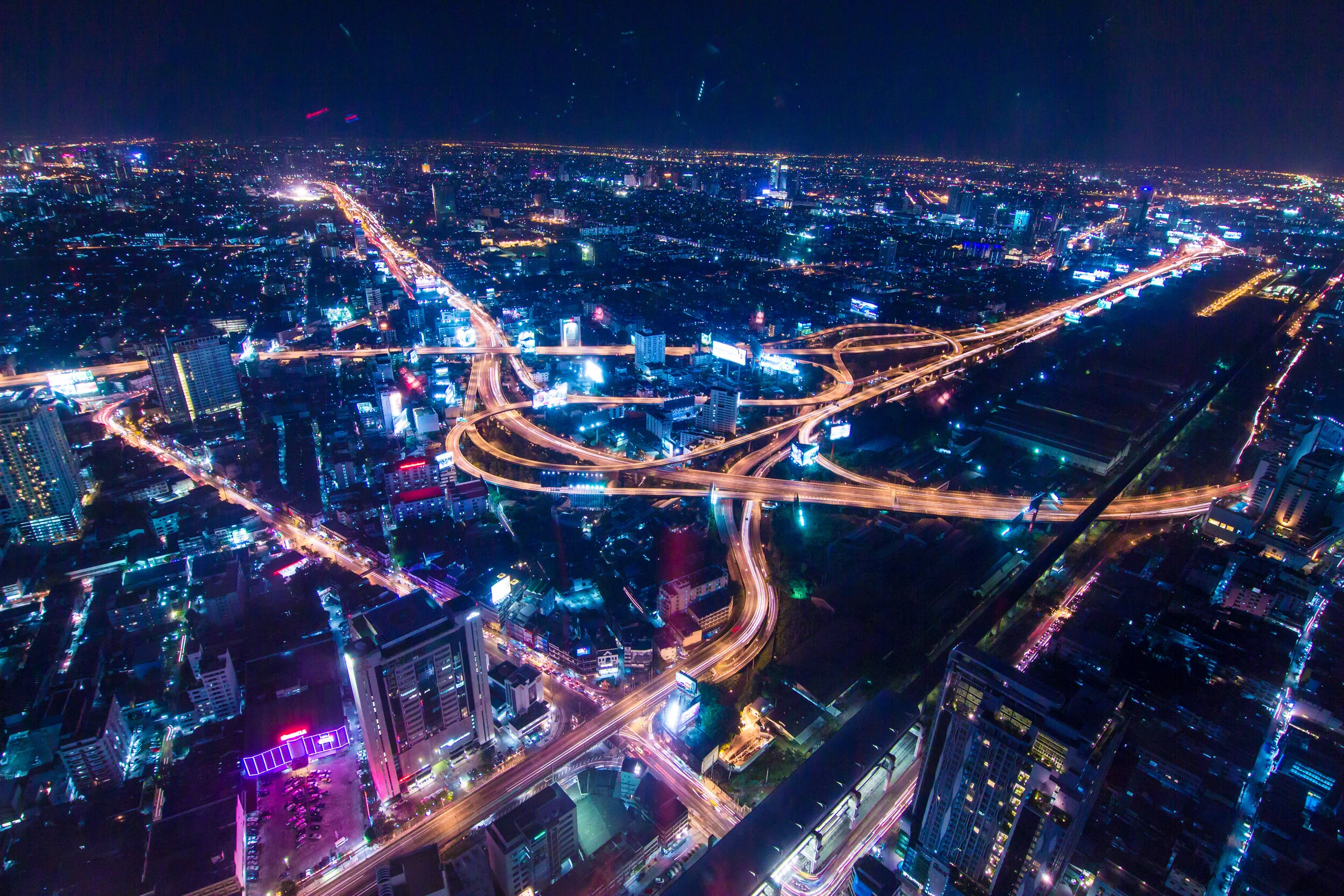The annual Power Conference, hosted by the American Society of Mechanical Engineers (ASME), brings together stakeholders from the private sector and the scientific community to discuss the latest trends, innovations and emerging technologies in the energy industry. This year, Mindsailing attended the virtual event to gather insights and best practices that we can use to elevate the work of our energy clients.
Related Content: Read more insights on how energy organizations can create compelling online content.
In particular, we paid attention to the broader trends and disruptors that are poised to shape the industry in the coming years. Here are three major currents guiding the future of power:
COVID-19 could slow down renewable growth
The ongoing coronavirus pandemic has interrupted virtually every aspect of American life, and the energy industry is no exception. While efforts to implement clean energy solutions have continued to gather momentum at the state and local levels, the federal government has not shown a strong commitment to pursuing those same goals.
In the wake of COVID-19, the federal government changed tax provisions and rebates under the CARES Act to benefit the oil and gas industry. Fossil fuel companies have also been given broad leeway to remain noncompliant with environmental restrictions and reporting obligations. And while the Treasury Department and IRS have provided some tax relief for renewable energy projects, these organizations will likely require much more assistance to ride out the unfolding economic downturn. All of these factors mean that the inevitable growth of clean energy may hit a speed bump this year.
According to the International Energy Agency, the world is set to add only 167 gigawatts of renewable power capacity this year — 13% less than in 2019.
Still, energy organizations can continue investing in decarbonization technologies and retrofitting their current equipment. Many have also formed COVID-19 task forces to chart a course through the current crisis. While the pandemic may pose a short-term threat to sustainability efforts, their long-term necessity remains clear.
Related Content: Read more on how the COVID-19 disruption could provide an opportunity to adopt new energy practices.
Emerging innovations are improving efficiency
With rapidly growing global demand for energy, constant innovation is required to keep up. That includes a pivot to automation, such as using drones for remote equipment inspection. Many organizations are leaning on artificial intelligence to improve grid efficiency and using blockchain technology to streamline supply. Energy generated by renewable sources are being stored in batteries and virtual reservoirs. Meanwhile, the nuclear industry is increasingly investing in “microreactors” — miniature nuclear power sources that can fit in the back of a semitruck yet could produce enough power for 1,000 households.
However, these innovative solutions aren’t just necessary to keep up with demand. Consumers increasingly want energy companies to pursue more efficient, sustainable power, too. That means investing in forward-thinking technology is key to remaining competitive in the market.
Related Content: Check out our communication strategies for advancing the adoption of renewable energy.
Investing in a more cybersecure future
Our power grid systems are old and complex. They also affect the lives of millions of people, and energy companies are rich with consumer data. Because of these factors, the industry is a prime target for cyberattack.
A major attack on the U.S. power grid could cost in excess of $1 trillion.
The onus is on energy organizations to minimize vulnerabilities and transition from a reactionary to a preventive mode. Investing in supply chain security, anti-virus firewalls, and stronger security hygiene education at an employee level are all effective strategies to minimize the risk of cyberattacks. These threats are only going to become more prevalent in the future, so the time is now to invest in the infrastructure required to stop them.
Responding to industry currents
At Mindsailing, we know that navigating times of upheaval and transformation is difficult — no matter the size of your organization. That’s why we keep close track of industry trends across energy, health, agriculture and community to guide our creative strategy and help our clients navigate currents of change.
Navigating industry change?
contact us today.

